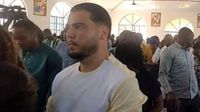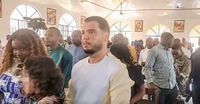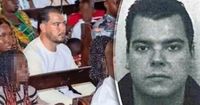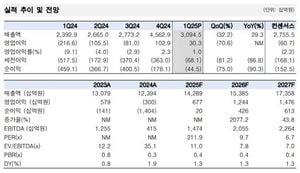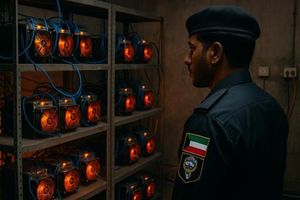The government of Sierra Leone is reportedly employing tactics of bribery and intimidation to silence local journalists from reporting on the notorious Dutch drug trafficker Jos Leijdekkers, known as Bolle Jos. Several journalists, now in hiding, have disclosed to De Telegraaf that government officials are offering substantial sums—up to 5,000 euros—to prevent any coverage of the criminal's activities and connections.
This amount is unprecedented in the context of Sierra Leone, indicating the lengths to which those in power are willing to go to cover up the government's alleged ties to Leijdekkers. One journalist, speaking from the United States where he has sought political asylum, lamented, "There is no freedom of the press in our country. Our government, including the president, facilitates the criminal group to which Leijdekkers belongs. Journalists no longer dare to write about the matter. It is extremely dangerous."
Leijdekkers, who has been sentenced to 24 years in prison in the Netherlands for cocaine trafficking, is no stranger to violent crime. He has been linked to numerous violent incidents associated with his drug-smuggling operations, including kidnapping and murder. Recently, he also received a 13-year prison sentence in Belgium for his involvement in a failed cocaine heist.
His presence in Sierra Leone has raised eyebrows, particularly after he was spotted attending a New Year's mass alongside the country's president and was later seen partying with high-ranking officials. This alarming connection has prompted the Dutch government to make multiple diplomatic and legal requests for assistance in apprehending Bolle Jos, but reports indicate that the Sierra Leone government has not adequately responded to these requests.
According to sources, Leijdekkers has been living in Sierra Leone under various false identities since 2022. Earlier this year, it was revealed that he is in a relationship with the president's daughter and has reportedly impregnated her, adding another layer of complexity to the situation.
In interviews conducted by De Telegraaf, journalists have expressed their fear for their safety and that of their families. Those who refuse the bribes face severe threats, demonstrating the perilous environment for reporters attempting to expose the truth. One journalist recounted, "I fear for my life and my family’s safety. The government is making it clear that they will not tolerate any reporting on Bolle Jos."
The Sierra Leone government's actions reflect a broader issue of press freedom in the country, where journalists are often caught between the demands of powerful figures and the ethical obligation to report the truth. The threats and financial incentives employed by officials serve to stifle dissent and maintain a narrative favorable to those in power.
As the situation develops, the international community is watching closely, particularly given the implications for drug trafficking and organized crime in West Africa. The links between Bolle Jos and Sierra Leone's political elite raise serious questions about corruption and complicity at the highest levels of government.
In a recent statement, the Dutch authorities reiterated their commitment to pursuing justice for Leijdekkers' crimes. However, the lack of cooperation from Sierra Leone raises concerns about the effectiveness of international law enforcement efforts in combating transnational crime.
With journalists facing threats and intimidation, the future of investigative reporting in Sierra Leone hangs in the balance. The government's attempts to suppress the truth not only endanger the lives of those seeking to report it but also undermine the principles of democracy and accountability.
The ongoing saga of Bolle Jos serves as a stark reminder of the challenges faced by journalists in regions where power and crime intersect. As more details emerge, it becomes clear that the fight for press freedom in Sierra Leone is far from over.
In an environment where fear reigns, the courage of journalists who dare to speak out is commendable. Their resilience in the face of adversity is crucial for the pursuit of truth and justice in Sierra Leone.
As the world watches, the hope remains that the voices of those who seek to expose the truth will not be silenced forever. The international community must stand firm in its support for press freedom and the protection of journalists everywhere.

